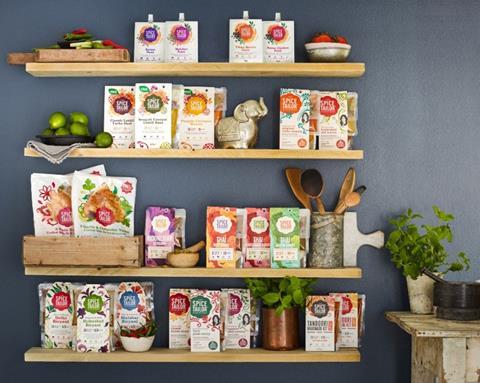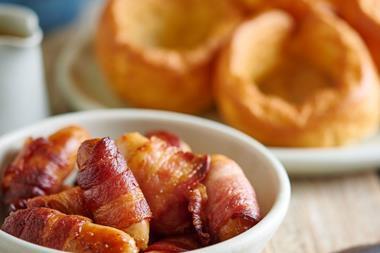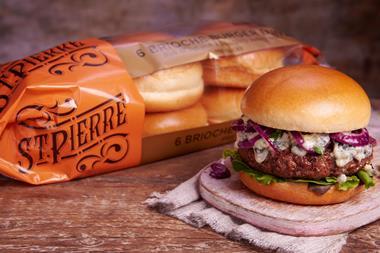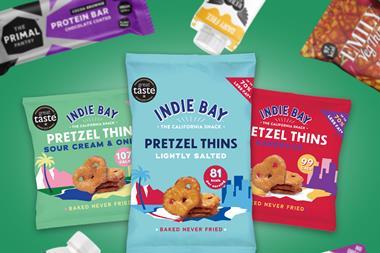
M&A activity in food and drink ground to a halt in the third quarter as economic volatility decreased investor appetite in the sector.
Just 18 deals were announced between July and September and total transaction value of the six disclosed deals was £109.7m, which is the lowest on record since Grant Thornton began its quarterly M&A report on the sector in 2007.
“Like all consumer-facing sectors, food and beverage is feeling the brunt of cautious household spending and spiralling cost increases,” said Trefor Griffith, head of consumer at Grant Thornton.
“This has had a major effect on deal making activity, with little expectation Q4 will be different.”
Deals finalised in the quarter included Premier Foods’ £73m takeover of The Spice Tailor, which marked the Bisto and Mr Kipling maker’s first full acquisition since 2006, Kerry Group’s $107.5m purchase of the Kraft Heinz B2B powdered cheese business and Charlie Bigham’s entry into D2C with the acquisition of upmarket frozen meals start-up By Ruby.
Of the 18 deals announced in Q3, just three involved private equity, occurring in the high growth petcare and health & wellness categories, including £10.5m backing for CBD drinks brand trip by a consortium of investors.
UK buyers were proportionately more active than international acquirers in the quarter, suggesting that the attraction of devalued sterling was outweighed by the perceived risk of investing in the volatile UK market.
Almost 70% of deals were domestic to domestic, with 18% being by overseas buyers and 14% seeing UK or Irish businesses buying an international entity.
There was just one distressed deal in the third quarter – Hunt’s Food Group rescue of The Health Store – but Grant Thornton expects to see this number rise in Q4 and beyond.
“We also anticipate more ‘nearly distressed’ transactions in which the seller has been forced to weigh up exit options earlier than they would have liked,” Griffith said
Any changes announced to capital gains tax in next week’s Autumn Statement could also potentially drive dealmaking activity as owners rush to sell before increases come into effect next year, he added.
Despite the gloom, Griffith said there were “many positives” for food and beverage M&A in coming quarters, “not least its historical resilience”.
“Deals with strong fundamentals will still get done and we are likely to see consolidation in parts of the sector with overcapacity,” he added.
“All management teams need to ensure that they have a full understanding of costs of their businesses, efficiently manage working capital and fully benefit from R&D tax credits.”



















No comments yet